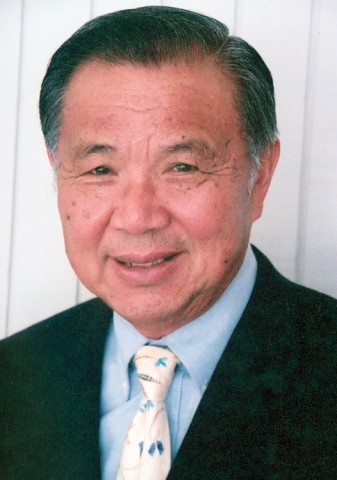You are looking at an archived version of our site. Please visit thepcc.org for a fresh, new experience!
Hawaii
Hawaii's Healthcare Innovation Plan, includes several catalysts for change to achieve the "Triple Aim." The plan focuses on primary care redesign and aims to have 80 percent of the population enrolled in medical homes by 2017. Additionally, the plan aims to implement Health Homes for Medicaid recipients with an existing diagnosis of Severe and Persistent Mental Illness or Serious Mental Illness will qualify for the Health Home. Additionally, Medicaid recipients with at least two of the following conditions will also be eligible: Diabetes, Heart Disease, Obesity, Chronic Obstructive Pulmonary Disease, and Substance Abuse.
The Healthcare Innovation Plan will also establish Community Care Networks (CCN) to provide extra support to patients and practices with needs not readily addressed by PCMHs. CCNs will be modeled after the Health Home, with similar population criteria, provider standards, aligned quality metrics, technology tools, and services, but they will target Employer-Union Trust Fund and commercial insurance patients.
The implementation of this Healthcare Innovation Plan, however, will not be possible without legislative action, significant stakeholder engagement, and the use of existing policy levers. The state’s efforts will build on the existing assets and opportunities for healthcare transformation to ensure statewide, multi-payer implementation of reforms that are effective and sustainable.
CHIPRA:
No
MAPCP:
No
Dual Eligible:
No
2703 Health Home:
No
CPCi:
No
SIM Awards:
Yes
PCMH in QHP:
No
Legislative PCMH Initiative:
No
Private Payer Program:
Yes
State Facts:
Population:
1,369,900
Uninsured Population:
5%
Total Medicaid Spending FY 2013:
$1.6 Billion
Overweight/Obese Adults:
55.4%
Poor Mental Health among Adults:
27.5%
Medicaid Expansion:
Yes
CPC+:
CPC+
Pagine
Secondary menu
Copyright © 2024 Primary Care Collaborative





